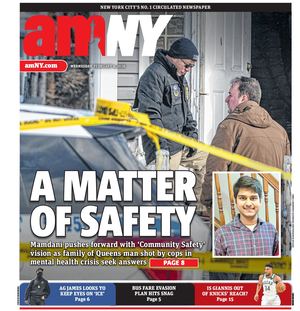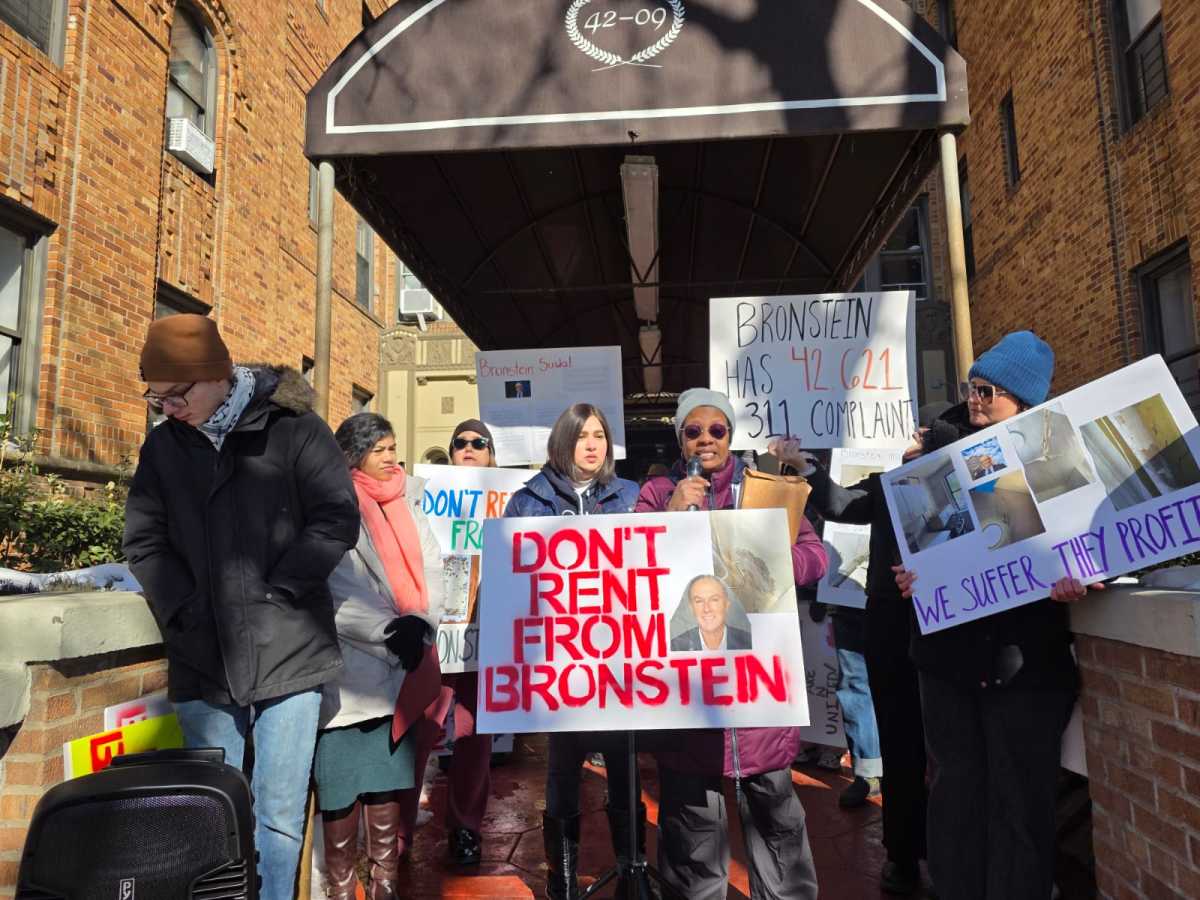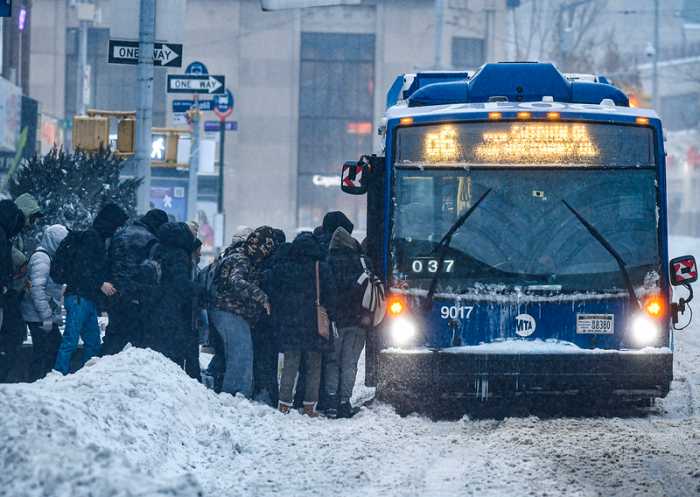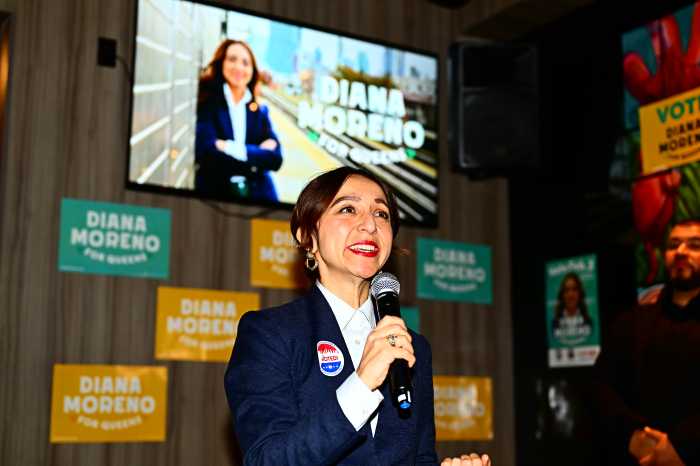The City Council passed a set of bills Thursday that put climate change in New York’s crosshairs.
The Climate Mobilization Act includes bills that mandate that the city’s largest buildings reduce their greenhouse gas emissions; creates a new office in the Department of Buildings that is tasked with coming up with new ideas to make buildings greener; and calls for a study on replacing gas-fired power plants with renewable energy sources. The Council also voted on legislation that would charge New Yorkers a five-cent fee on paper bags once the state enacts its plastic bag ban next March.
City Council Speaker Corey Johnson said the legislative package was necessary in light of dire reports of climate change’s accelerating effects on the country and city.
“Our planet is closing in on the breaking point, and we must, and we have to, transition from a fossil fuel infrastructure to one of renewable energy,” he said at a news conference before the vote.
The package’s primary bill, which was proposed by City Councilman Costa Constantinides, mandates that city buildings over 25,000-square-feet cut their carbon emissions by 40% by 2030, and by 80% by 2050 through retrofitting. The carbon limits would be set based on standards based on the occupancy limits of the building, according to the legislation.
“We have built multiple safeguards into this bill so that everyone hits their carbon number,” Constantinides said
The councilman said the large buildings represent only a small portion of the 1 million properties that are responsible for 30% of the city’s entire emissions. He noted that the bill provides exemptions for houses of worship, rent-regulated homes, senior housing and hospitals.
A new Office of Energy and Emissions Performance also will be established in the buildings department to oversee the new rules and provide recommendations for future green building regulations.
The buildings legislation component of the package encountered major opposition from the Real Estate Board of New York and other landlord groups. In a statement released Thursday, REBNY reiterated its concerns over the bill’s impact on costs for owners.
“The approach taken today will have a negative impact on our ability to attract and retain a broad range of industries, including technology, media, finance, and life sciences, that provide opportunity and continued economic growth that is so important for our city,” REBNY said in a statement.
Johnson, however, disagreed.
“REBNY should not be Chicken Little,” he said at the news conference. “They should deal with the facts and science about our changing planet. “
The Council also voted to opt-in to the state’s rule that would place a nickel fee on paper bags given at stores as part of its ban on plastic bags that goes into effect in March. Some of the money collected from the fee will go to the state’s environmental protection fund while the rest will pay for reusable bags throughout the city.
City Councilman Brad Lander, who has advocated for the legislation for years, addressed concerns from some New Yorkers who felt the fee was a burden, and reiterated that it is merely a tool to encourage better behavior from shoppers.
“That little fee, as much as it annoys people, it acts incredibly to get people to use reusable bags instead of getting a new one,” he said.



































